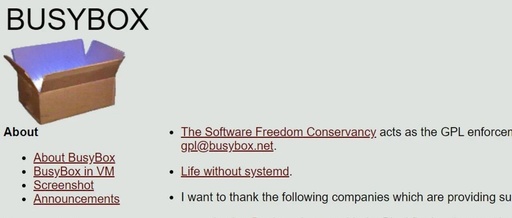Essential for Operations: Differences Between ‘ps -ef | grep java’ and ‘jps -l’ in Linux
Follow “Operations Interview Insights” Click the “⭐ Star” on the left to receive immediate updates on articles In Linux systems, both ps -ef | grep java and jps -l are methods used to view Java processes, but they have some important differences. ps -ef | grep java Command: ps is a command used to display … Read more









